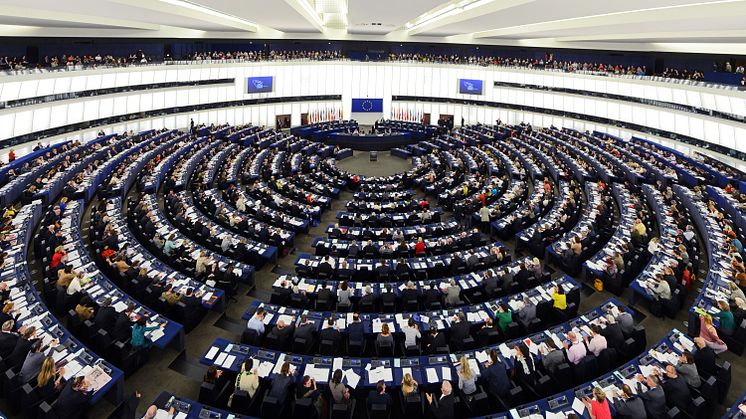15 years of EU membership and 80% of Slovaks feel European
As Slovakia tomorrow celebrates Slovak National Uprising Day, we mark the day by shining a spotlight on the ever-improving living and working conditions in Slovakia.
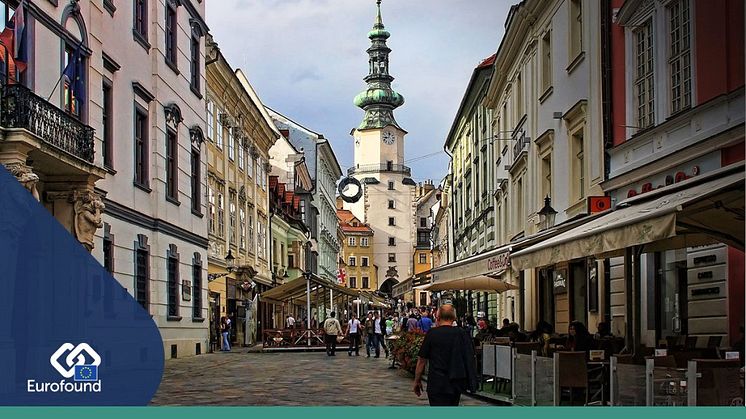
As Slovakia tomorrow celebrates Slovak National Uprising Day, we mark the day by shining a spotlight on the ever-improving living and working conditions in Slovakia.

This graph, based on Eurostat data, shows that gender is an important factor in depression. In most Member States young women aged 15–24 were more likely to suffer from depression than young men. The greatest gender gaps were in Denmark, Germany, Ireland and Sweden. Only in Cyprus, Greece and Lithuania were there higher percentages of young men with depressive symptoms.
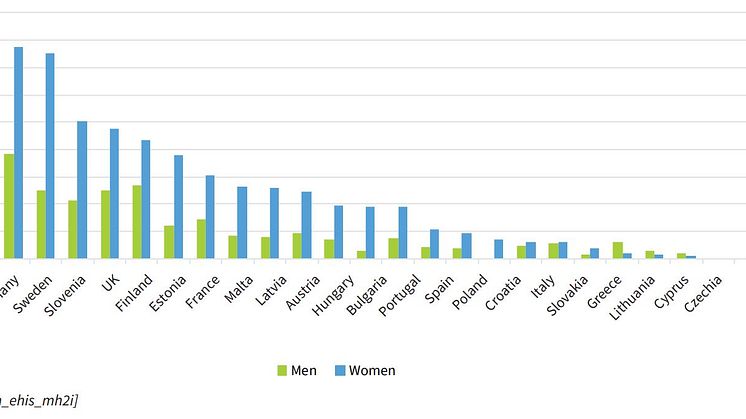
Across the EU, 14% of young adults are at risk of depression, and 4% of young people aged 15-24 suffer from chronic depression. Young women are more likely to find themselves not in employment, education or training, and are significantly more likely to suffer depressive symptoms than young men

There are high levels of optimism for the future in most EU candidate countries – including for future generations. However, current material hardships, deprivation, urban-rural disparities, gender inequalities and demographic ageing are fundamental challenges, and could undermine the current positive climate and future social cohesion.
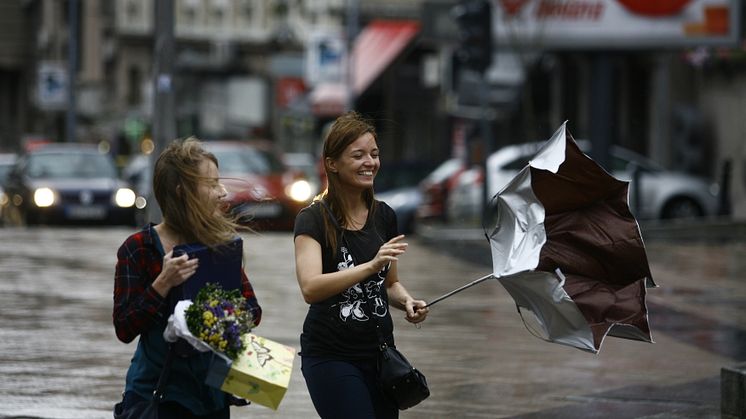
Today is World Refugee Day, the international day to show solidarity and support to refugees. Eurofound has just published a new report, coinciding with this occasion, looking at the role of public services in integrating refugees and asylum seekers.
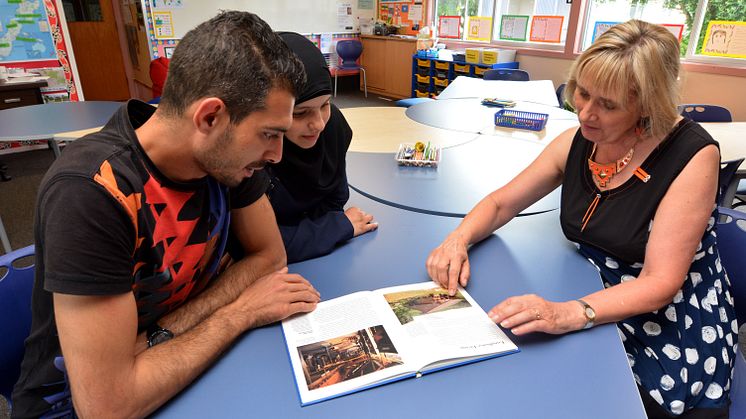
The latest Annual Review of minimum wages in Europe shows that there have been increases to the minimum wage across almost all Member States, in both nominal and real terms. The report also highlights that women are over-represented among minimum and low-wage earners.

La plupart des États membres de l'UE ont enregistré des hausses de salaires pour les bénéficiaires de salaire minimum et les bas salaires, les salaires minimums et les bas salaires ont en effet progressé dans la plupart d'entre eux, du fait de l’augmentation des salaires minima légaux qui ont augmenté dans presque tous les pays depuis janvier 2018.

There have been wage increases for minimum and low-wage earners in most EU Member States, with rises in statutory minimum wages in almost all countries since January 2018. While these increases are welcomed as good news for minimum wage workers, Eurofound’s research shows workers may not automatically feel the positive impacts of these changes.

The votes have been cast, tallied and declared and we can now see the political landscape of the new European Parliament. To what extent have mixed developments in employment and quality of life contributed to the more fractured political landscape? And can the EU continue to deliver to the more diverse demands of citizens across Europe?

As citizens across the EU prepare to cast their vote in the European elections, the latest Living and working in Europe report from Eurofound looks at how work and life has changed in the EU since 2015.
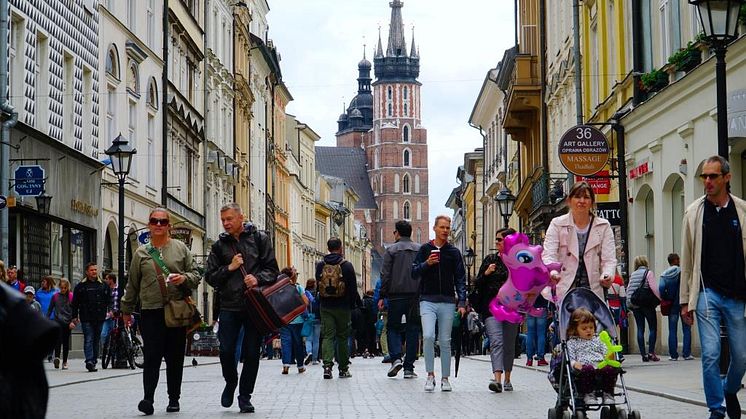
People at work in Europe report good health and well-being, and increased control over their work activities. However, Eurofound data shows that work is also becoming more emotionally demanding, which poses a risk to health, as well as the long-term sustainability of work itself.

Imagine you’re at work and something happens: you have to leave to visit a client, you have to go home to let in the plumber, or you have to collect the kids from school as the football training has just been cancelled. If you’re lucky, your employer gives you the flexibility to do this. If you’re even luckier, it is YOU who decides upon your schedule and place of work.

Despite differences in economic structure, labour markets and development, a pioneering study of the working conditions and job quality of 1.2 billion workers finds common concerns and challenges across 41 countries and four continents, according to a new report from the International Labour Organization and Eurofound.
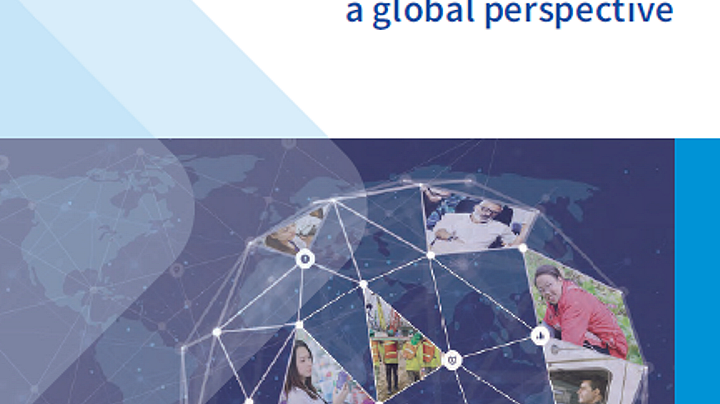
Motivated workers have higher levels of engagement, better health and are able to work longer. Improving motivation at work is therefore a key component in meeting the challenges of Europe’s ageing workforce and improving the EU’s long-term competitiveness on a global scale. This means that fostering motivation at work isn’t just about personal or business success, it's about Europe’s success.

After more than 60 years of European policy on the equal treatment of women and men, men still outnumber women in management positions by almost two to one. The women who do make it into management are more likely to be in non-supervising management roles where they manage operational responsibilities but not staff, and the minority that do manage staff are more likely to be managing other women.

Ein Jahr nach der Einführung des Entgelttransparenzgesetzes sind die ersten Befunde noch nicht wirklich beeindruckend. Dieses Gesetz ist Deutschlands Antwort auf die Empfehlung der Europäischen Kommission von 2014, zumindest eine von vier Lohntransparenz-Maßnahmen einzuführen, um die Lohnschere zwischen Männern und Frauen zu schließen.

We want to thank you for your support and wish you and your family a peaceful Christmas and a happy New Year.

Structural change is expected to move much faster in the Member States who joined the Union after 2004, and we forecast big changes in the occupational wage and task structure in these countries in the run up to 2030.

Europe is back on track towards upward convergence, but some outliers remain.
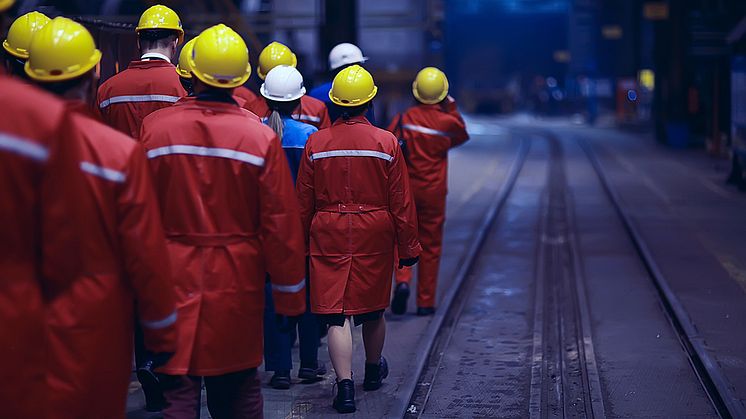
Overall trust in institutions such as national governments, the legal system, the EU, and the media has rebounded in Europe following the recent economic recovery. However, in a number of the Member States most adversely impacted by the crisis, trust in national institutions has still not returned to pre-crisis levels.
